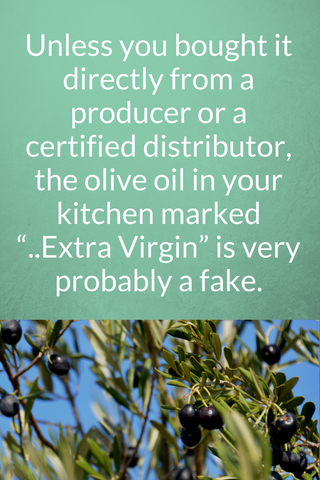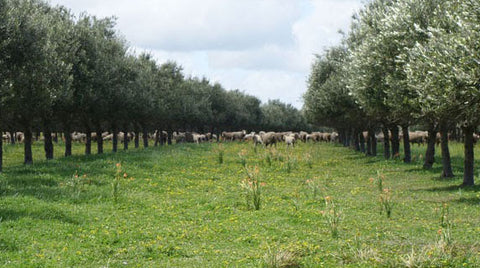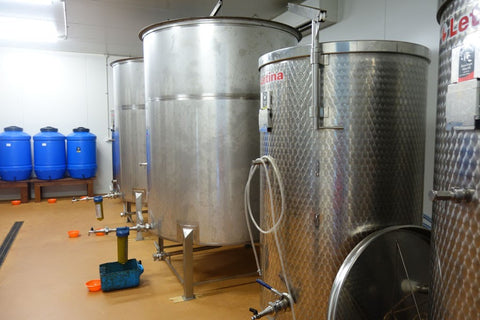Food Fraud : Olive Oil
As a result, fraud is committed against consumers every day in supermarkets.
Our customers are using our products for medicinal purposes. As such, we need to be fully alert to how they are made.
Here is our journey with olive oil.
Extra virgin olive oil
 Buying olive oil seems very confusing–there's many grades and the price difference is often huge.
Buying olive oil seems very confusing–there's many grades and the price difference is often huge.
To be extra virgin, it must be produced entirely by mechanical means without the use of any solvents, and under temperatures that will not degrade the oil.
With some research, it's shocking to know that it is widely accepted that supermarket olive oils are mostly fakes. Of course supermarkets in Asia are no exception to that.
It's not new news of course. A 2010 study done by the University of California, Davis tested 19 popular brands and found 70% to be fraudulent. Brands like Bertolli and Colavita–found easily in Southeast Asia–were amongst those brands.
"..unless you bought it directly from a producer or a certified distributor, the olive oil in your kitchen marked “Italian extra virgin” is very probably a fake. Either it's low quality falsely marked as virgin or extra-virgin - and not even from Italy - or it's been mixed with other oils of dubious provenance. At worst, it's not olive oil at all but a vegetable oil disguised with coloring and aroma." Forbes.com, Feb 10, 2016
Talbot Grove
Knowing the brands supermarkets are bringing in can't be trusted, we decided to buy directly from a producer; Talbot Grove in Western Australia.
- Talbot Grove is a small, family run operation.

- The grove uses sheep to do the weeding and fertilising, so no chemicals are involved
- The oil we get is only from the Manzanilla variety–not a mixture of whatever olives are on the market.

- The oil is mechanically pressed and the sediment is allowed to settle naturally for 6-7 weeks, so there's no use of solvents to hasten this process


